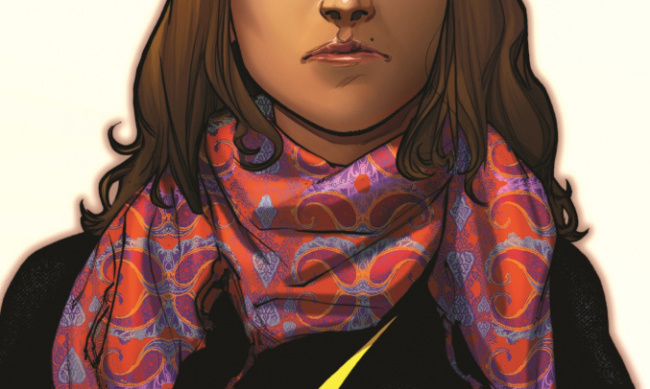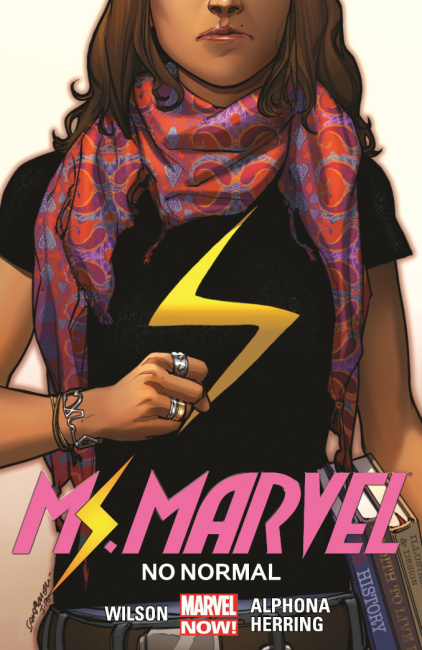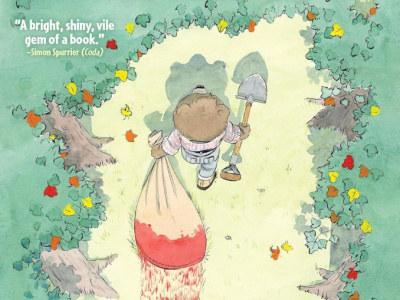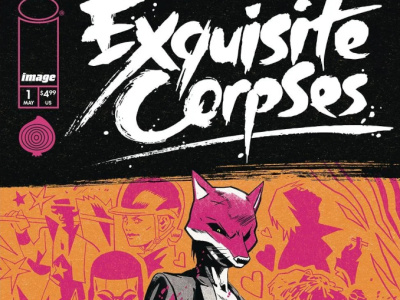After slight dips in the second quarter of 2022, Marvel Comics, DC Comics, and Image Comics all gained back a bit of ground. IDW Publishing, which claimed 4.2% of the market in Q2, dropped to 3.5% in Q3, moving back down to sixth place, while Dark Horse Comics, whose share stayed level, moved back up to fifth. VIZ Media lost the most market share, moving from 3.0% in Q2 to 2.4% in Q3, but stayed in seventh place.
The "All Others" category, which gained quite a bit of ground in Q2, stayed almost level, going from 10% in Q2 to 9.9% in Q3.
|
Comic Store Market Share (Dollars) – Q3 2022 [ComicHub Data, via ICv2] |
||
|
Rank |
Publisher |
Market Share |
|
1 |
Marvel Comics |
37.3% |
|
2 |
DC Comics |
24.8% |
|
3 |
Image Comics |
10.9% |
|
4 |
BOOM! Studios |
4.2% |
|
5 |
Dark Horse Comics |
3.7% |
|
6 |
IDW Publishing/Top Shelf Books |
3.5% |
|
7 |
VIZ Media |
2.4% |
|
8 |
Dynamic Forces/Dynamic Entertainment |
1.5% |
|
9 |
Kodansha Comics/Vertical |
1.0% |
|
10 |
AfterShock Comics |
0.7% |
|
All Others |
9.9% |
|
|
Total |
100.0% |
|
The data on which these market share percentages are based is from sales tracked at point-of-sale by the ComicHub system at stores selling American graphic novels around the world. During the period for which these reports were generated, there were over 100 stores using the ComicHub system. As this is a small, non-random sample of over 3,000 stores selling American comics worldwide, these rankings may not be typical for all stores, but do represent a variety of locations and store emphases.
The differences in how the data behind these charts is collected compared to past market share charts based on sales by Diamond Comic Distributors to comic stores are many. Here are some:
Sell-in charts show all the launch sales happening on the same day, while sell-through sales happen over time, moving sales into different periods.
Sell-in shows what retailers think they will sell, while sell-through shows what they actually do sell.
Sell-in sales are influenced by incentive variants, which increase the number of copies ordered (to get a variant that can be sold at a premium price), but may not increase the number of copies sold at retail by the same amount.
For monthly sales rankings based on ComicHub POS data, see "Comics and Graphic Novel Sales Rankings Based on Comic Store POS Data Index."









